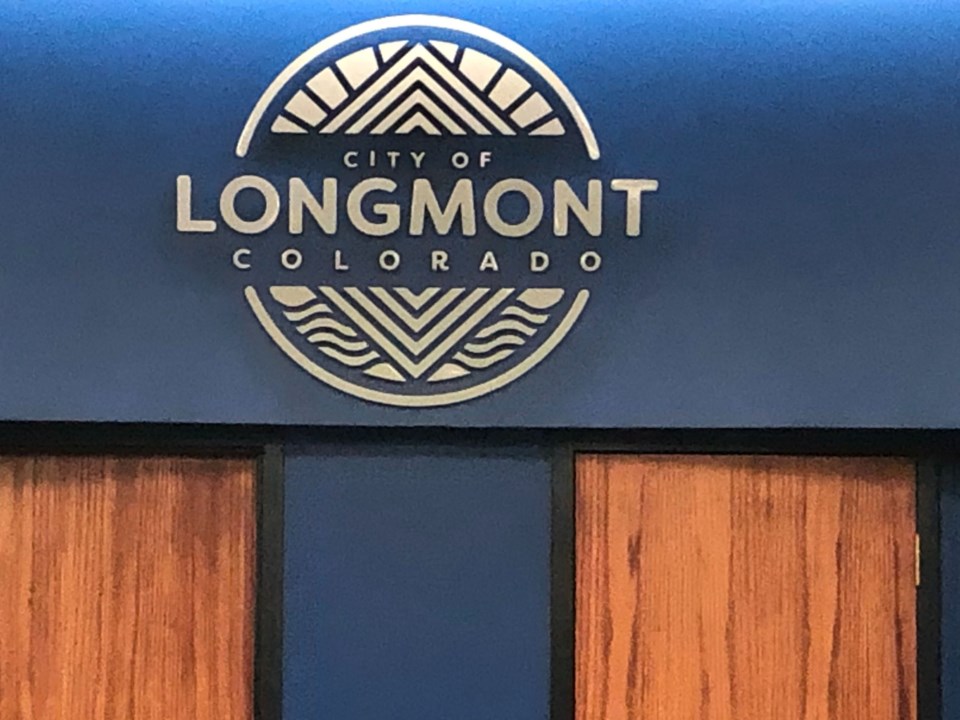The purchase, sale and development agreement to build a $24 million hotel at Third Avenue and Kimbark Street will go before the city council Tuesday for a review.
The full council meeting is scheduled to start at 7 p.m.
The Thrash Group is the developer behind the proposed 85 room, independently owned and operated “boutique hotel of high quality,” according to a city staff report to councilors.
The hotel would consist of approximately 85 guest rooms, 5,000 square feet of rooftop restaurant space, 2,000-4,000 square feet of meeting space and commercial space. A parking deck will be available providing 65 hotel spaces and 75 public parking spaces.
The project cost is estimated at $24,500,000, according to the staff report.
The project requires an aggregate public financial contribution to the project of about $4.3 million to offset the cost of the hotel and parking structure, the staff report states.
The funds from the city and the Longmont Downtown Development Authority are in addition to a land conveyance from the Longmont General Improvement District, the staff report states.
The financial contributions include the appraised valuation of the LGID land contribution, $2.3 million in Tax Increment Funds and about $400,000 in Downtown Improvement Program proceeds from the LDDA, the staff report states.
The balance of the funding is to be provided by the city in Lodgers Tax reimbursements generated exclusively from the hotel, the report states. The Lodgers Tax is the only funding contribution from the city.
The city says that assuming an estimated land value of $400,000, the Lodgers Tax contribution is estimated at $1.2 million.
The overall public agency financial contribution to the project is 17.6% of cost, the city staff report states.
"This project fulfills a 30-year goal to add lodging in Downtown Longmont. The hotel project could generate more than $6 million in sales taxes, lodgers’ taxes, property taxes, and utility revenue over a 10-year span. The economic and fiscal benefits of added visitors is estimated to exceed $108 million over ten years," according to a new release from the LDDA.



